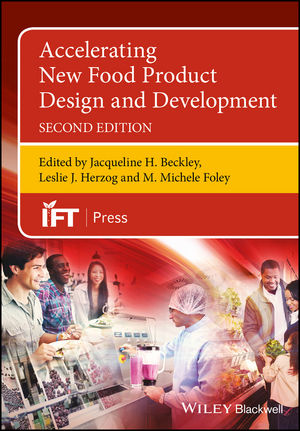Both the House and Senate introduced new food safety legislation that would give the FDA greater regulatory authority, especially when it comes to mandatory recalls.
However, the American Bakers Association notes that there are significant differences between the two bills.
The FDA Food Safety Modernization Act, introduced by Sen. Dick Durbin (D-Ill.), has bipartisan support and contains certain bars and hurdles that would have to be met before the mandatory recall provision takes effect, notes Robb MacKie, ABA president and CEO
Although another bill in the House, introduced by Rep. John Dingell (D-Mich.) also has momentum, MacKie notes that the House version doesn’t require such hurdles to be met and may make it easier for the government to issue a mandatory recall without “a lot of forethought.”
Instead of endorsing one bill over the other, an ABA Food Safety Task Force is reviewing all pieces of currently pending legislation and is selecting which elements of those bills the association plans to endorse or offer as recommendations for improvement, adds Lee Sanders, ABA’s senior vice president, government relations and public affairs.
ABA, for instance, would not support user fees as a way of funding expanded governmental food safety programs nor would it back the online listing of ingredients under country of origin labeling (COOL) regulations. Bakers, she says, are constantly changing sources for ingredients and such initiatives as COOL are “impossible and impractical to implement for bakers.”
Instead of user fees, ABA supports President Obama’s call for $1 billion to fund the Food & Drug Administration and its food safety programs.
“ABA has for several years called attention to the fact that despite a significantly increased mission and scope, FDA’s resources have continued to decline,” said MacKie. “Again last week, ABA called for adequate funding for FDA while applauding President Obama for asking for $1 billion in new FDA funding for food. Not to denigrate the legislative efforts, but adequate funding of the current regime would do more to ensure food safety far more quickly.”
During the past decade, FDA has become increasingly underfunded as it took on new duties such as bioterrorism initiatives after the 2001 anthrax incidents and an ever-increasing number of new imports to review. All of this is weighing on an agency where funding has not kept pace with new responsibilities.
“Actually, that [$1 billion budget] is about what is needed,” Sanders notes. “[President Obama] did hit the target correctly there.”




